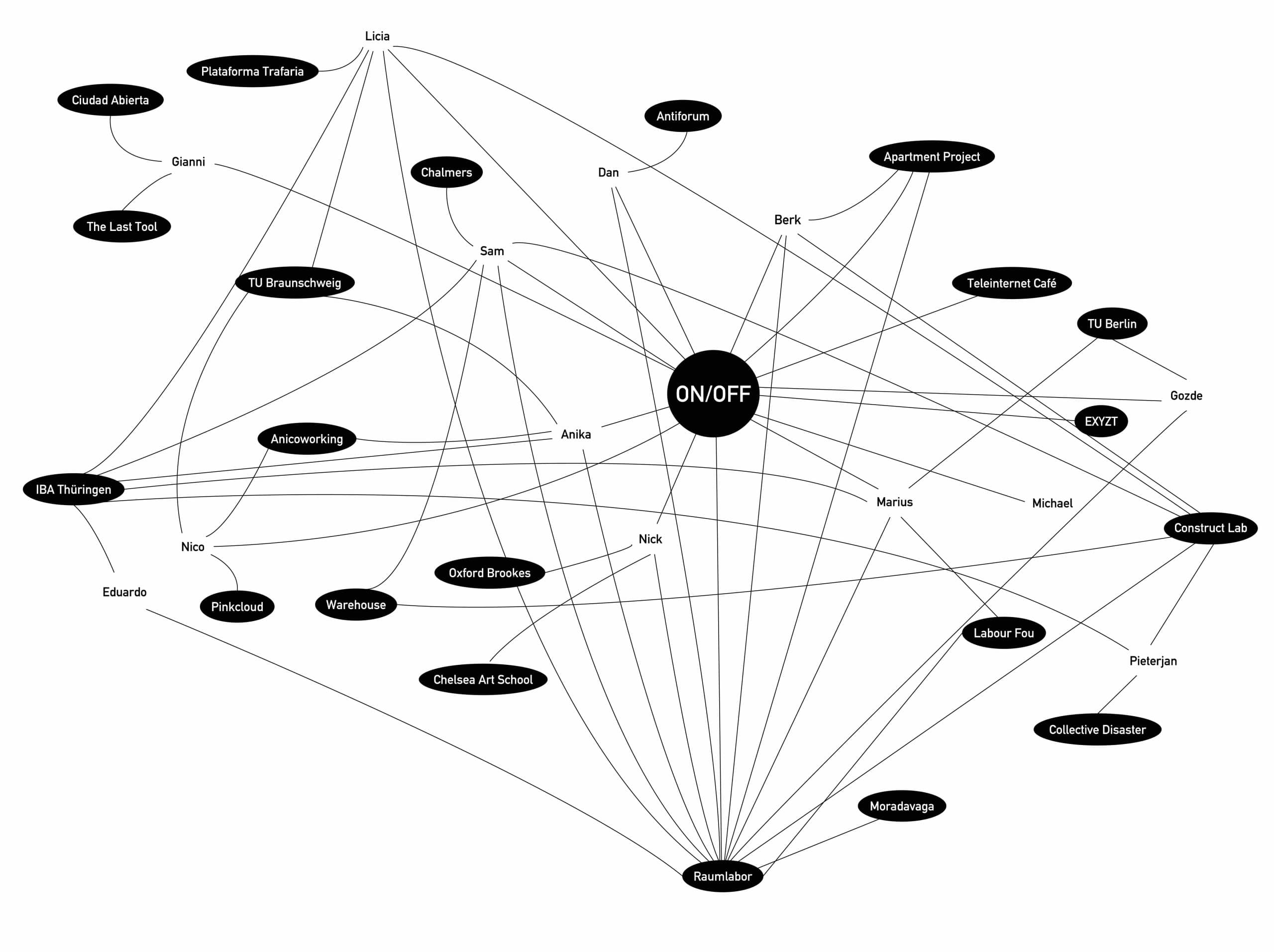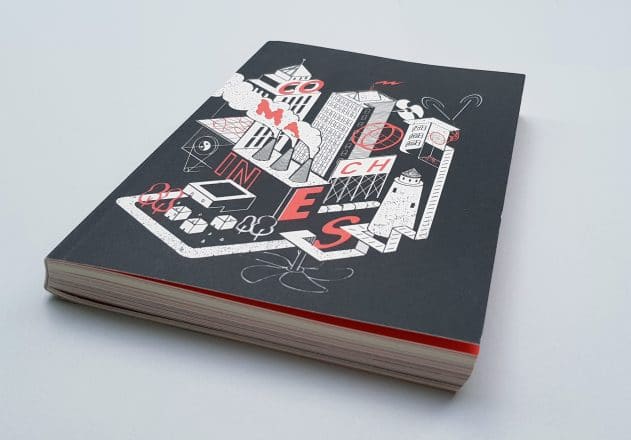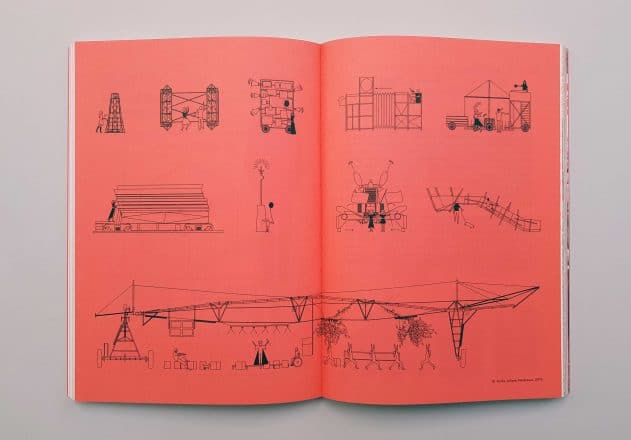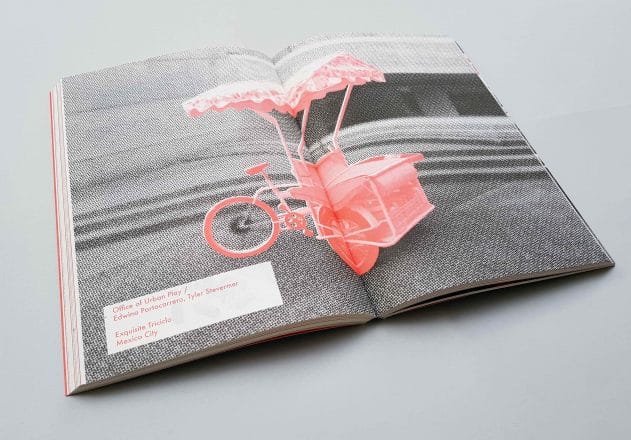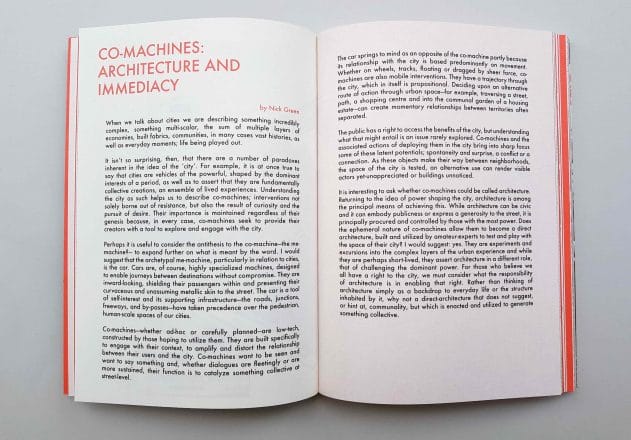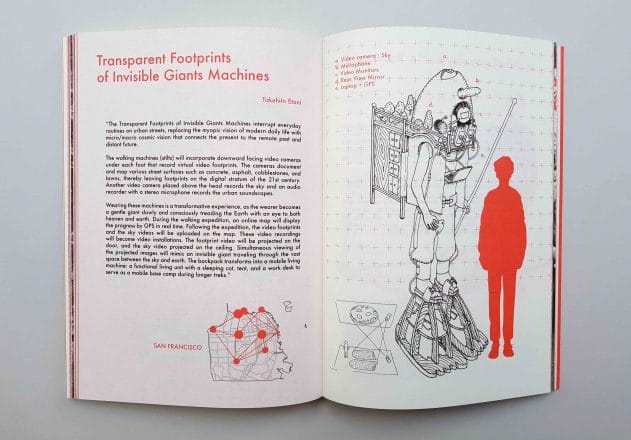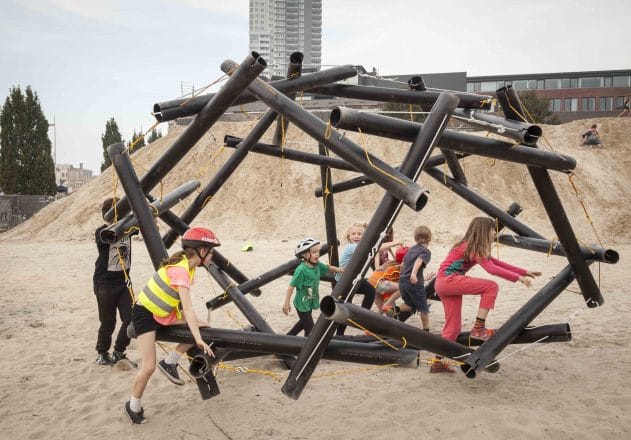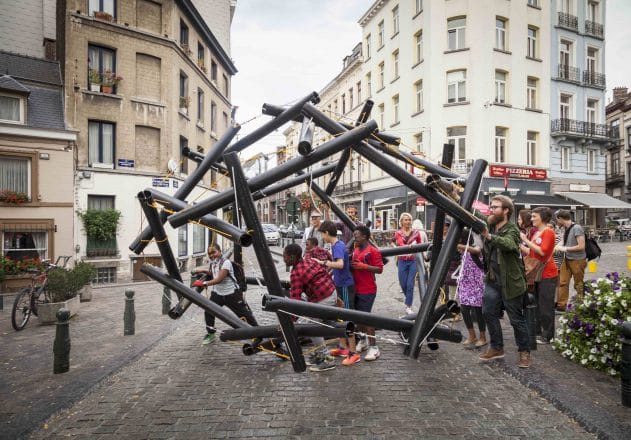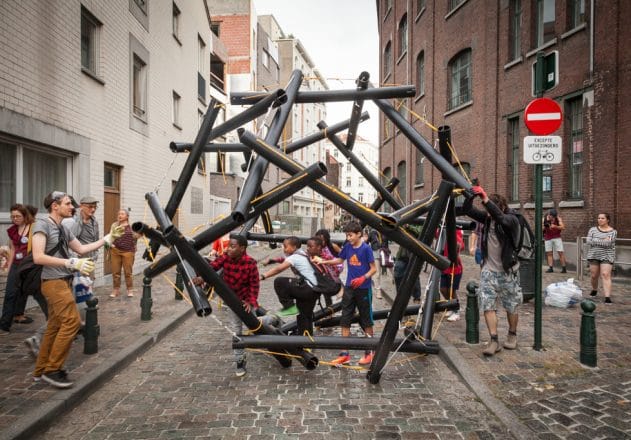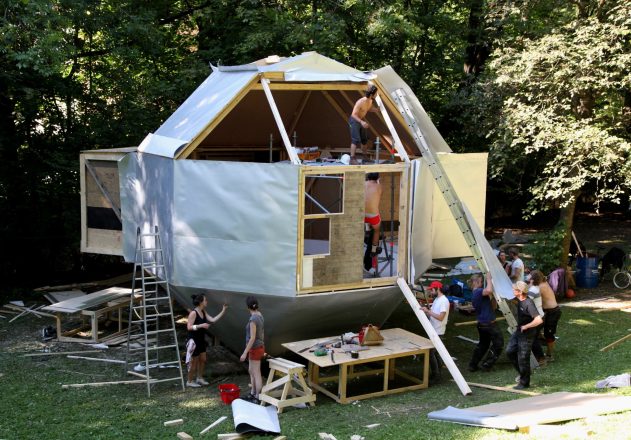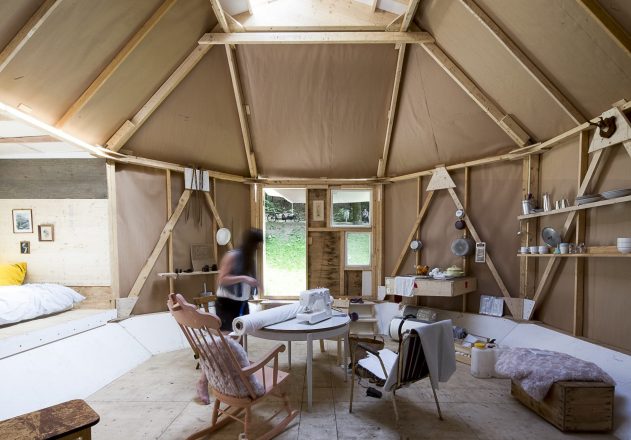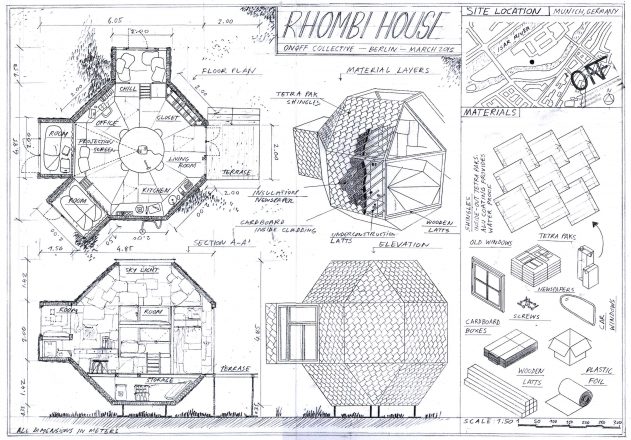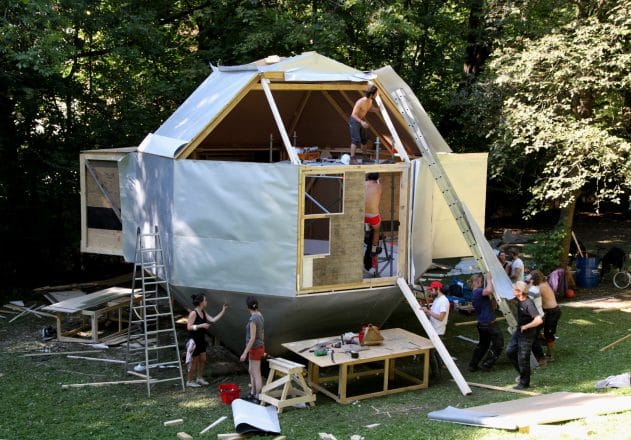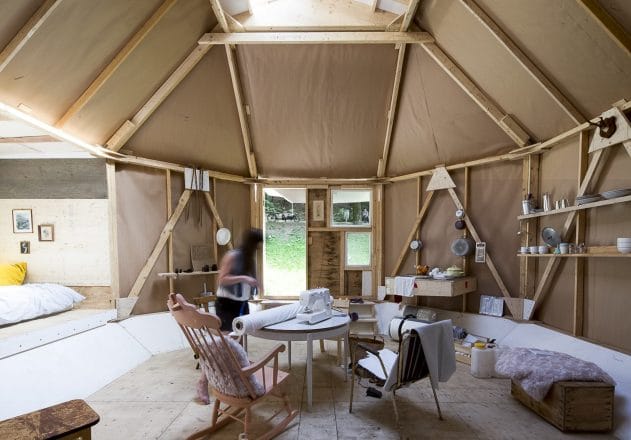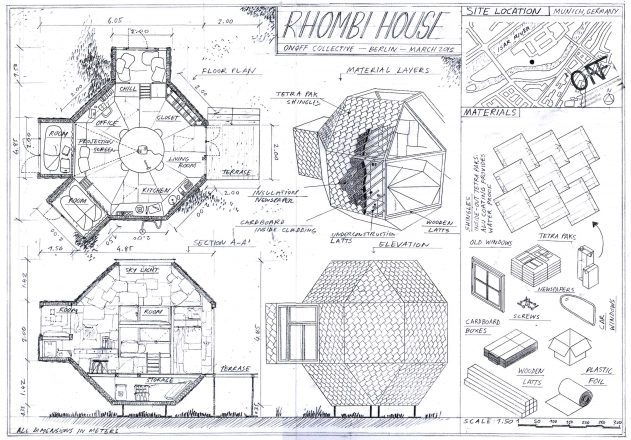Today: ON/OFF
Just completed your studies? Or about to finish? And you have no idea what to do next? We’ve all been in that situation. Perhaps you had a goal in mind at firstFirst – Der höchste Punkt des Dachs, an dem sich die beiden Giebel treffen., but then the future became a large question mark? We have something in storeStore: Ein Fenster- oder Türbeschattungssystem, das aus einem Stück Stoff, Jalousien oder Lamellen besteht. for you to fight your fear of the future: Young offices and employees who are going their own way. We asked them what their biggest fears, inspirations, and successes are. This time we talked to Sam Carvalho and Anika Neubauer from ON/OFF.
ON/OFF, an interdisciplinary design group based in Berlin, came into being around 2011, when someof its members started working on projects together in their free time. Having no office of their own back then, they would work on the streets and in their apartments. Their first competition submission was for the Istanbul Design Biennial. However, in order to submit a project, they needed a group name. They chose the name ON/OFF because it reflects the playful nature of their work, but also their way of working together. Since all the members of the group have other jobs or are involved in different activities, they plug in to or out of the group whenever necessary. Since ON/OFF began, more friends have joined the group. It currently includes 7 members.
Your greatest success?
The publication of our book “Co-Machines: Mobile Disruptive Architecture” was a special moment for the group. We were working on a number of mobile projects in public space, very action-based, and we never took the time to think of the “why”. So we decided to build a mobile printing press to publish a book on our research and theories on mobile architecture. Eventually, this resulted in a publication collecting projects from all over the world through an open call. Which was much better than our initial idea.

